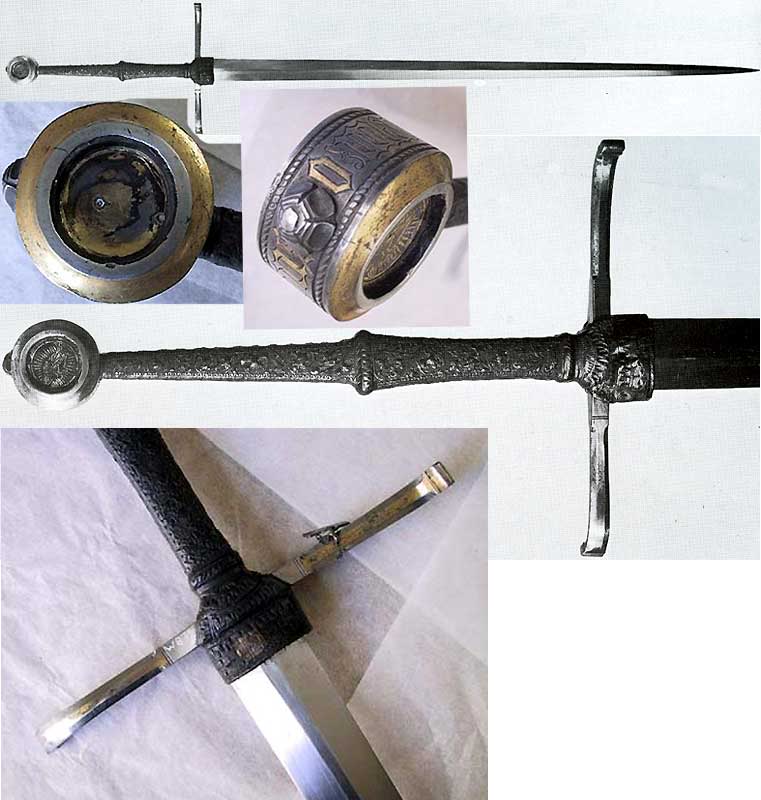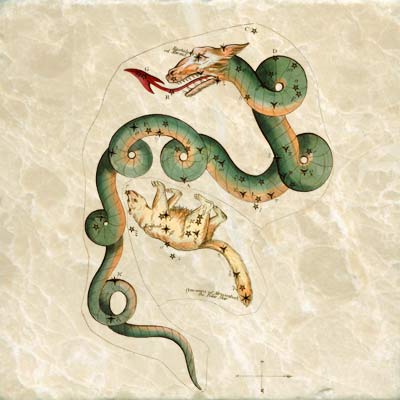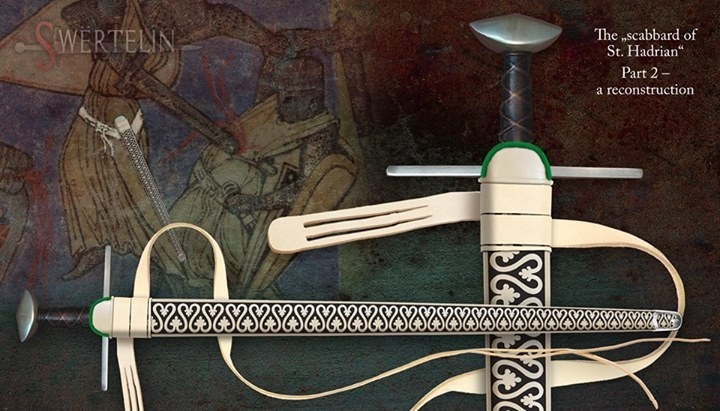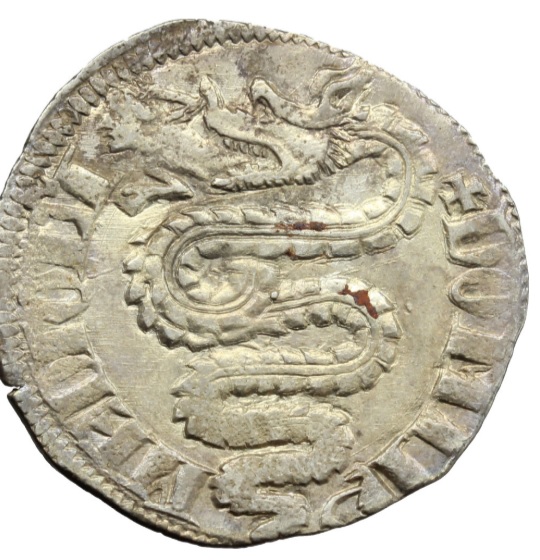I'm also wondering whether enamelling was done in the late 15th the early 16th century on scabbard fittings like in the 13th century, and if you have any examples of these.
In addition to this I am looking images of painted scabbards occurring in the late 15th century to early 16th century.
Also any examples or art of serpent designs in medieval art from the 15th to early 16th century a more slithery and knotted serpent than the attached, similar to viking style serpents (be it on scabbards, fittings, paintings, clothing)
Time line doesn't have to exact, preferably from the late to early 15th and 16th century, but anything from the 1400s to the end of the 1500s is good for me.
I included some examples of what I am trying to describe

'S' shaped cross guard

serpent

Painted scabbard
Enamelled belt buckle [ Download ]
Type XVIIIc blade (Albion Alexandrian) [ Download ]
